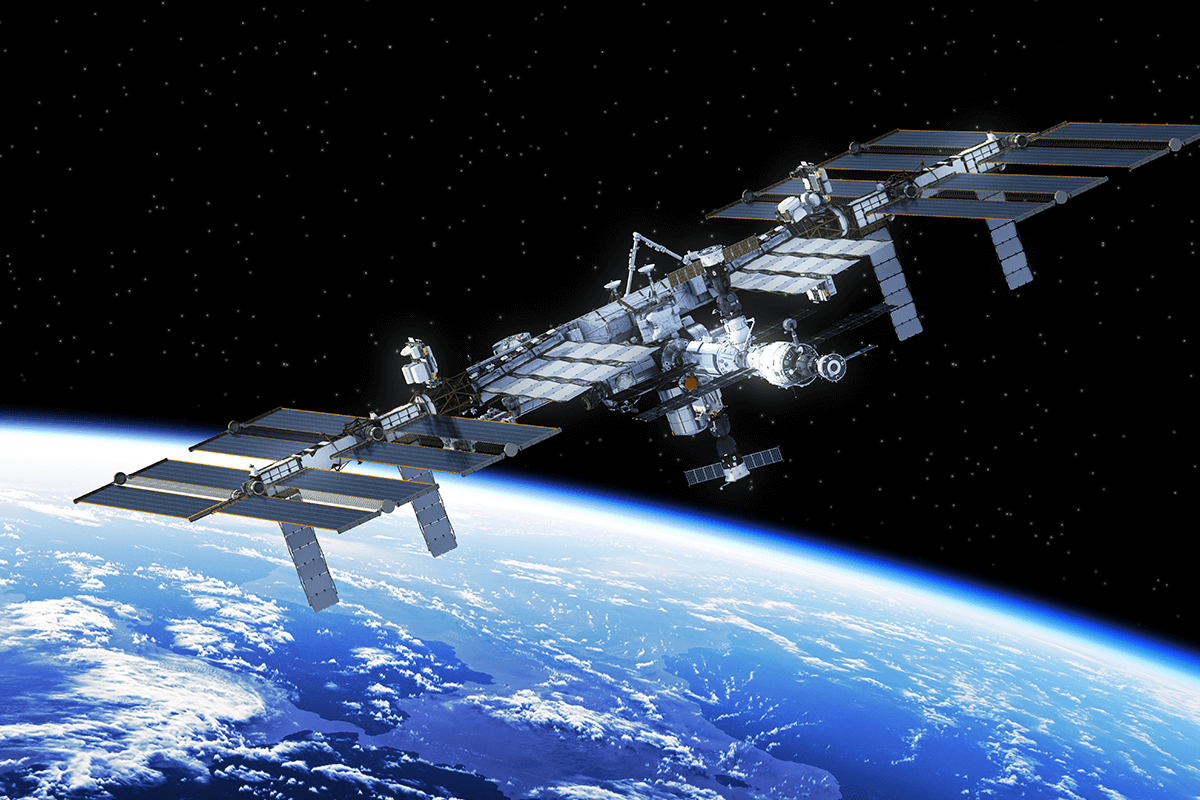Why a potential three state-run space outposts has experts worried

There will soon be triple the amount of space outposts as Russia presses on with plans to opt out of the International Space Station.
Russia’s newly-appointed space chief has confirmed the country will ditch the project after 2024, once obligations to its partners have been fulfilled.
Yuri Borisov, who leads the state-controlled space corporation Roscomos, has said he anticipates by this time, a Russian orbital station will be in construction.
Astrophysicist Brad Tucker told Laurel, Gary & Mark the plans have sparked some concern.
“The biggest worry is [if] you aren’t working with them, … you lose those chances of cooperation in space,” he said.
“Added to the issue, China is already developing their own space station. In fact, their second main part was just set up on Sunday.
“It could be just in a few years’ time [that] instead of having an international space station, where most people work, you kinda have the US and the west, you have a Chinese one and you have a Russian one, all not working together.”
Mr Borisov’s statement reaffirmed previous declarations by Russian space officials about Moscow’s intention to leave the space outpost after 2024.
“Now the new head has confirmed they will leave after 2024,” Dr Tucker continued.
“We think it gives them enough wiggle room so that if they’re not ready in 2025, they can be like, ‘Well, 2026 is after 2024’.
“So they can leave but, you know, we have a little bit of space if we need.”
Press PLAY below to hear how Russia’s exit would work
Image: Getty














